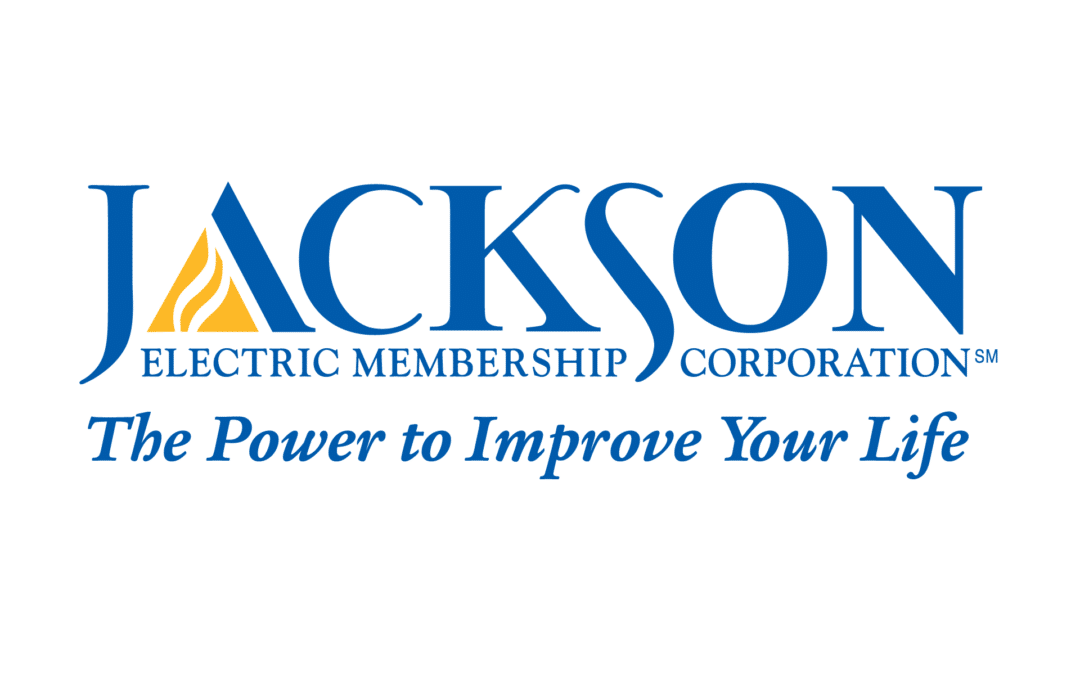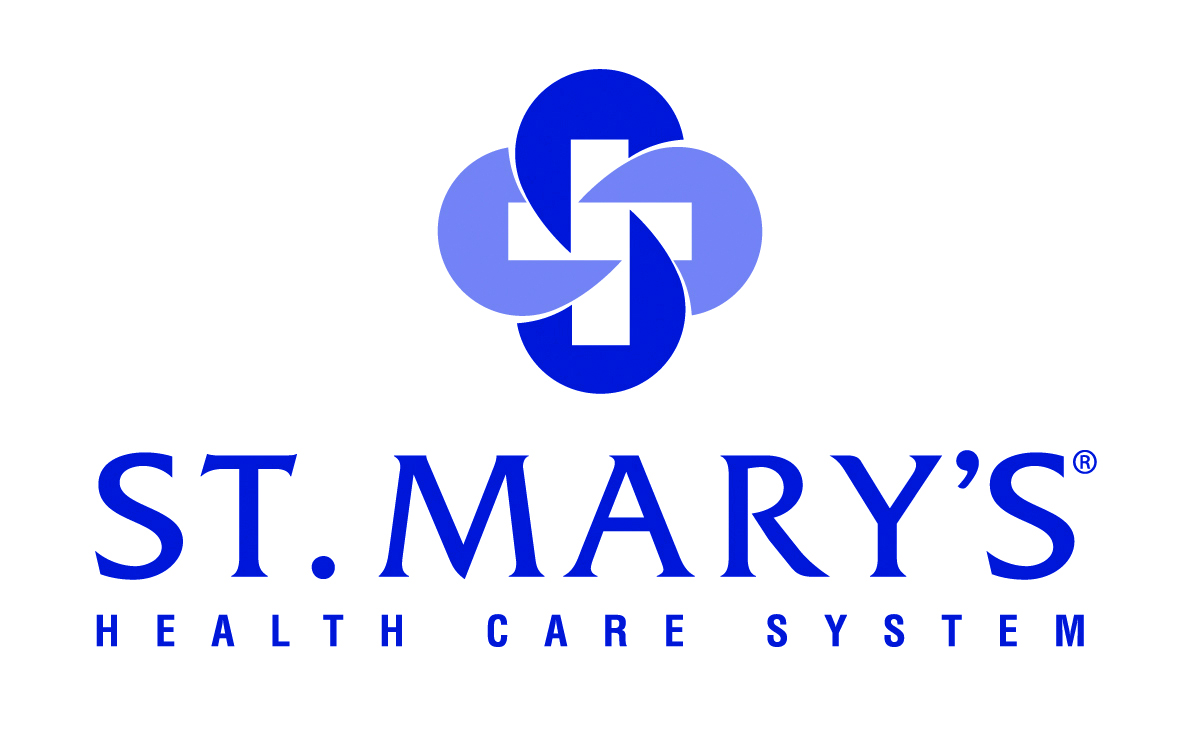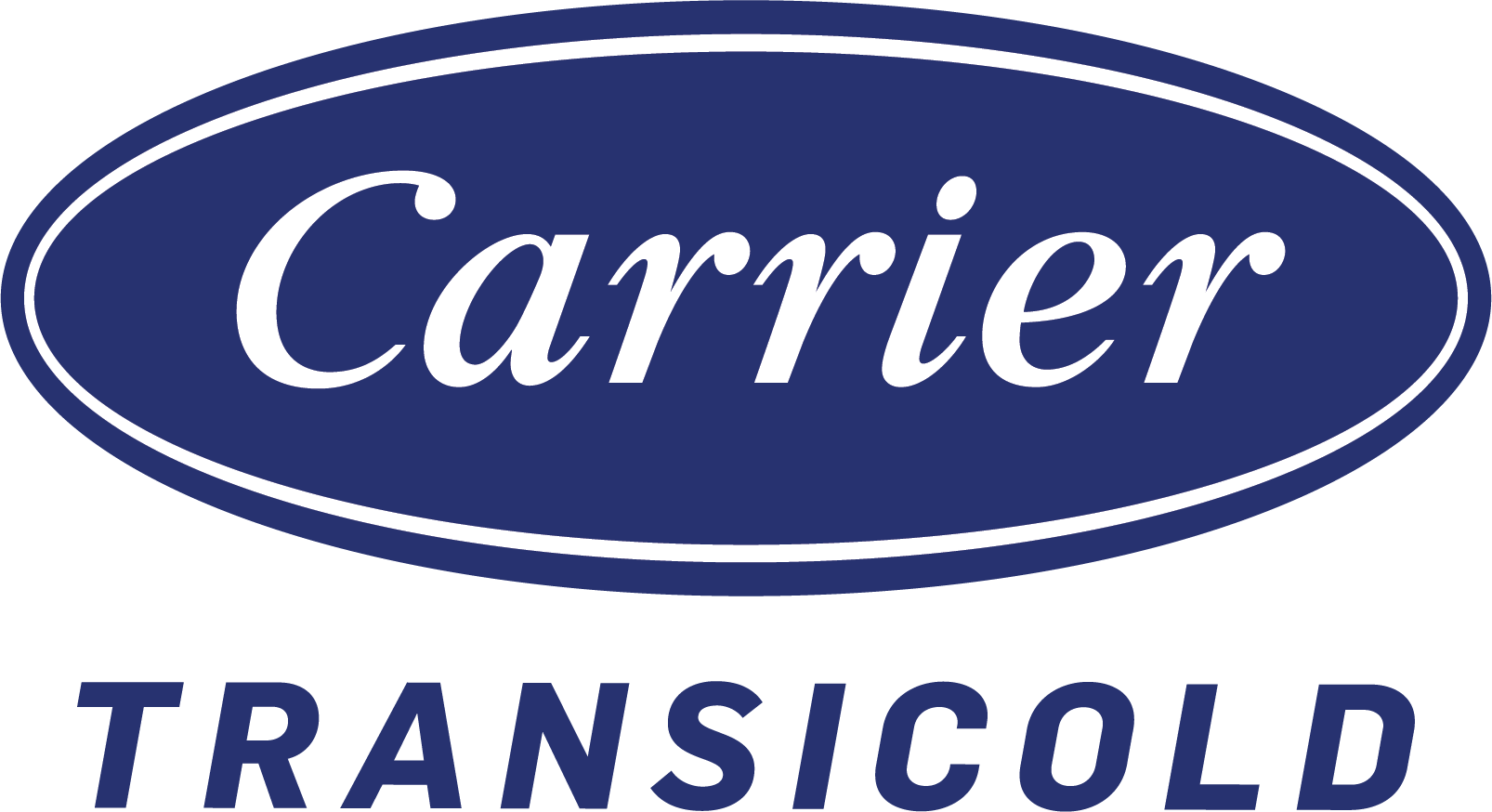Unleash Your Business Potential by Transitioning to an LLC
Transitioning from a sole proprietorship to an LLC sets the stage for a new chapter in your business. This shift provides benefits like better tax planning options and stronger asset protection. Restructuring under an LLC doesn’t just change your legal status; it strengthens your business’s foundation. With this move, you’ll have more control over your financial future and the flexibility to grow. Take advantage of the opportunities this change brings, aligning your business for long-term success and stability.
Unlock New Tax Opportunities with an LLC Conversion
Transitioning from a sole proprietorship to an LLC can bring new financial opportunities for your business. An LLC offers flexibility in how taxes are handled, allowing business income to be reported on your personal tax return or opting for a corporate structure. These choices give you room to strategize and potentially reduce tax burdens. By selecting the right tax status, you can avoid double taxation and take advantage of deductions. This approach can have an impact on your financial strategy and long-term business health.
Simplify Your Transition with LLC Formation Services
Choosing an LLC formation service like zenbusiness.com simplifies turning your business into an LLC, saving both time and money. These services guide you through each step and ensure that everything is done right, reducing the chance of mistakes. They also often handle reminders for important deadlines, taking the pressure off your shoulders. Their process is much easier and more reliable than doing it yourself. For those looking to streamline the process, these services offer a reliable way to get it done efficiently.
Fortify Your Assets with LLC Protection
Shifting from a sole proprietorship to an LLC brings the added benefit of enhanced asset protection. Unlike a sole proprietorship, where your personal assets are at risk if your business faces financial issues or legal challenges, an LLC structure typically shields your personal finances. This separation between personal and business responsibilities means your personal assets are generally protected from business debts. While general liability insurance can cover some costs, it doesn’t fully safeguard personal assets.
Navigate Self-Employment Taxes with an LLC Shift
Switching from a sole proprietorship to an LLC can change the way you handle self-employment taxes. As a sole proprietor, you're fully responsible for those taxes, which can add up quickly. Forming an LLC allows you to decide how you want the IRS to tax your business, potentially reducing your tax burden. For example, choosing to be taxed as an S Corporation could help you lower the amount of income subject to payroll taxes. This flexibility in taxation can make the transition to an LLC a smart financial move.
Master State Requirements for a Seamless LLC Transition
Before changing your business structure, check your state's rules for moving from a sole proprietorship to an LLC. Each state has its own regulations and paperwork requirements. Some may need more detailed documentation than others. Missing any steps could cause issues or delays. Be sure to review these details on your state's official site or consult legal professionals to stay compliant.
Choose a Unique LLC Name to Stand Out
Selecting a name for your LLC is vital for both compliance and building a recognizable market presence. It must be distinct from other businesses in your state, which can be confirmed using available resources. State rules may restrict certain terms, so be sure the name meets all legal criteria. A well-chosen name adds credibility and helps your brand stand out. Putting some serious effort into finding a compliant and appealing name definitely helps strengthen your business from the start.
Clarify Ownership and Membership for Success
When forming an LLC, it's important to define the ownership structure and the roles of all members. This helps ensure profits are shared fairly and decisions are made without confusion. Ownership percentages are usually based on the amount each member invests in the company. While profit-sharing is often tied to these percentages, LLCs have the flexibility to arrange things differently. These terms should be set clearly in the operating agreement to prevent misunderstandings and keep things running smoothly.
Taking the step to convert your sole proprietorship into an LLC is more than an administrative formality; it’s a declaration of foresight and ambition. As you embark on this transformative journey, you’re not just enhancing your business’s financial robustness but also fortifying its future against uncertainties. Each decision you make in this process—from understanding tax implications to crafting a distinctive LLC name—lays the groundwork for enduring success. With the right preparation and tools, you’re not just building a business; you’re cultivating a legacy.
Elevate your business potential by joining the Athens Area Chamber of Commerce and connecting with a vibrant network of professionals dedicated to community growth.This Hot Deal is promoted by Athens Area Chamber of Commerce .

Premier Partners
Elite Partners
Classic Partners
Supporting Partners

Peach State

Regions
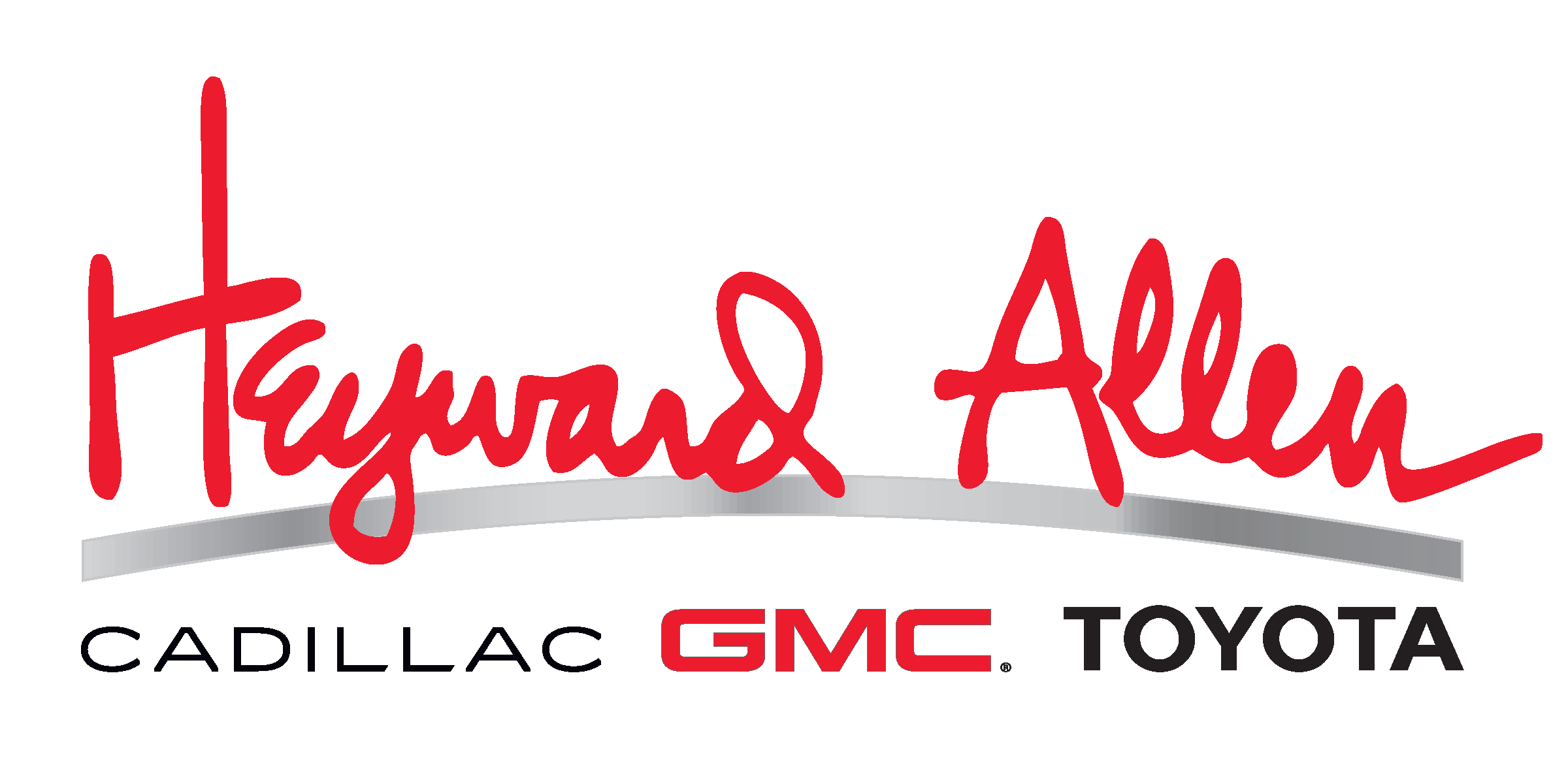
heyward allen

Servpro

Jackson Spalding

Classic City Bank
Friends of the Chamber

Kevin Price

Good Works

Pellicano Construction

Milestone Construction

Grahl Construction

Caterpillar

Terrapin
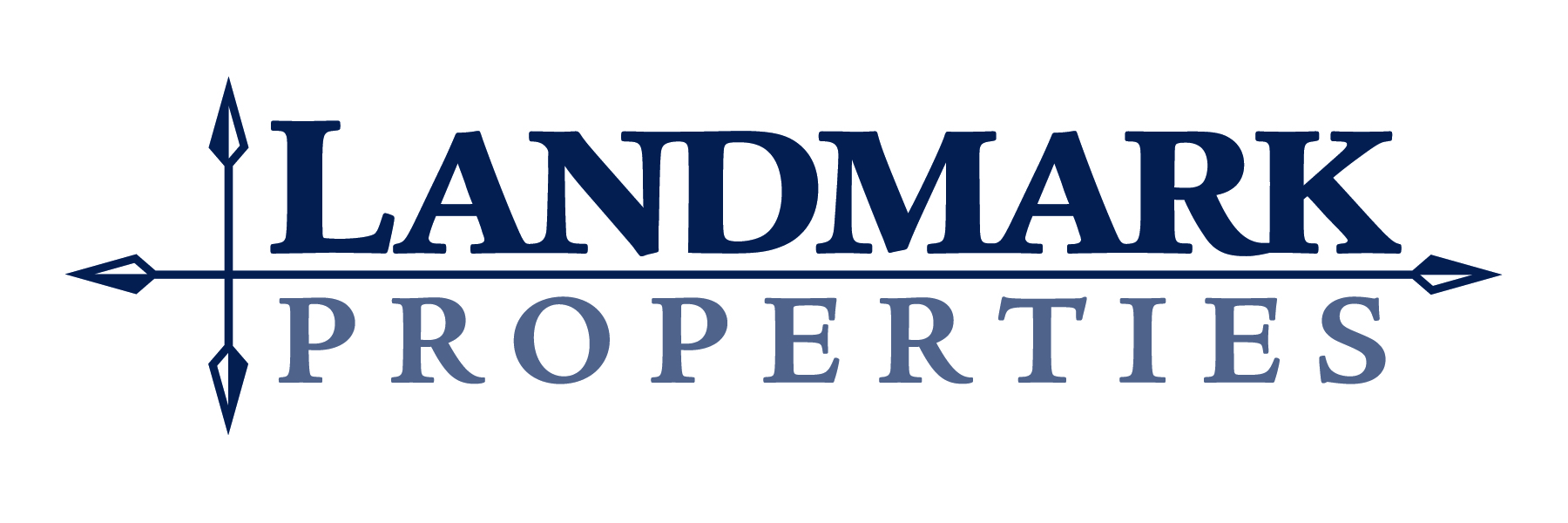
Landmark Properties

W&A

Georgia Heart Institute

NEGA Physicians Group

classic city bank
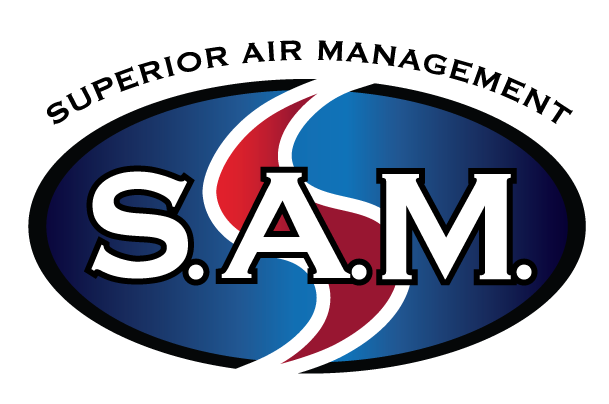
superior air management

Donegal Insurance

joma

oconee construction services

coca cola

munch hut

michele pearson tucker

carson advisory group



